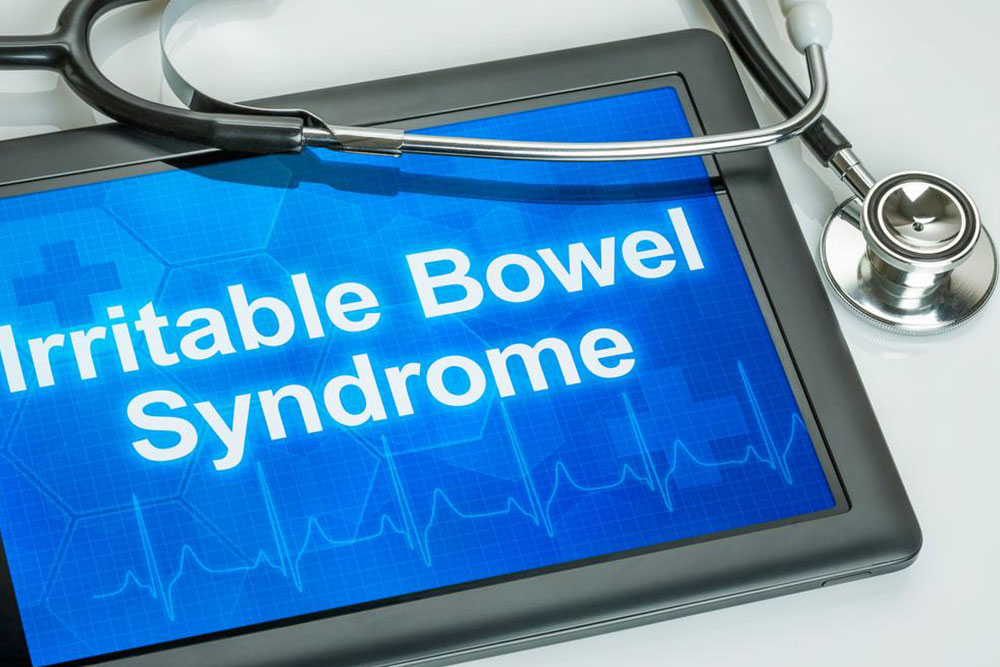Comprehensive Guide to Recognizing the Key Symptoms of Irritable Bowel Syndrome (IBS)
This detailed guide provides insights into the key symptoms of Irritable Bowel Syndrome (IBS), including abdominal discomfort, bowel habit fluctuations, bloating, and abnormal stool features. Recognizing these signs early is essential for diagnosis and effective treatment. The article emphasizes the importance of understanding IBS symptoms for better management and quality of life, offering practical advice and medical guidance for those affected.

Understanding the Essential Signs and Symptoms of Irritable Bowel Syndrome
Irritable Bowel Syndrome (IBS) is a common gastrointestinal disorder that affects millions of people worldwide. It is particularly prevalent among women aged between late teens and early 40s, although it can affect individuals of all ages and backgrounds. Recognizing the early warning signs and symptoms of IBS is critical for timely diagnosis and effective management, which can significantly improve patients’ quality of life. In this comprehensive guide, we delve into the various symptoms, their implications, and what steps should be taken if you suspect you have IBS.
Lower Abdominal Discomfort: The Most Common Symptom
One of the hallmark signs of IBS is persistent or recurrent discomfort in the lower abdominal region. This discomfort can manifest as dull pain, cramping, or a feeling of fullness. Often, these symptoms intensify after meals and tend to ease following a bowel movement. In some cases, pain may be severe enough to disrupt sleep, especially at night. Recognizing this pattern is vital, as the abdominal discomfort in IBS is typically not localized but fluctuates in intensity and location. Patients may describe it as a gnawing, stabbing, or cramping sensation that can be triggered or worsened by certain foods, stress, or hormonal changes.
The abdominal discomfort associated with IBS usually correlates with bowel habits. Patients often report that pain worsens after eating and eases after a bowel movement, highlighting the connection between gastrointestinal function and symptom severity. Nighttime abdominal pain, although less common, is also reported by some individuals, which can interfere with sleep and overall well-being.
Alternating Constipation and Diarrhea: A Key Indicator
One of the defining features of IBS is the variability of bowel habits. Some individuals experience episodes of constipation, characterized by infrequently passing hard stools, while others suffer from diarrhea, typified by frequent, loose, or watery stools. Many patients experience alternating episodes of both, which can be confusing and distressing. This fluctuation is often unpredictable and may be triggered by certain foods, stress, medications, or hormonal changes. Recognizing these patterns is essential for distinguishing IBS from other gastrointestinal conditions such as inflammatory bowel disease (IBD) or infections.
The consistency of stools can vary widely among IBS sufferers. Some may notice their stools becoming abnormally hard during constipation episodes, while others might see excessively loose or even mucus-laden stools during flare-ups. The presence of mucus in stool is common in IBS but requires medical evaluation if accompanied by other symptoms like blood or persistent pain.
Excessive Gas, Bloating, and Abdominal Distension
Many patients report excessive production of intestinal gas, which results in bloating, flatulence, and a visibly distended abdomen. These symptoms can cause significant discomfort and a sensation of fullness, often making clothes feel tight or the abdomen appear swollen. Bloating tends to worsen after meals and can persist throughout the day, impacting daily activities and mental health. Sometimes, this excessive gas and bloating are associated with changes in bowel habits, further complicating diagnosis.
Gas and bloating are not only uncomfortable but can also be embarrassing for many. They are caused by abnormal gastrointestinal motility and heightened sensitivity of the intestines to gas and distension. Managing these symptoms often involves dietary modifications, such as reducing intake of gas-producing foods like beans, carbonated drinks, and certain vegetables, along with stress management and medication when necessary.
Unusual Stool Features and Signs of Complications
Patients with IBS may notice abnormal features in their stool, such as the presence of mucus, which appears as a slimy or sticky coating. In some cases, stools may contain traces of blood or be streaked with blood, which warrants immediate medical investigation. The presence of blood can indicate more serious conditions like bleeding hemorrhoids or infections, but it can sometimes be caused by severe IBS episodes involving mucosal irritation.
In severe cases, individuals may experience rectal bleeding, anemia, or sudden weight loss, which are signs that demand urgent medical attention. Additionally, symptoms often worsen during menstrual periods in women, likely due to hormonal fluctuations affecting gastrointestinal motility and sensitivity. While many IBS cases are chronic, episodes of increased severity may occur periodically, necessitating ongoing management and monitoring. Recognizing these symptoms early enables healthcare providers to develop tailored treatment plans aimed at alleviating discomfort, preventing complications, and improving overall health outcomes.
In conclusion, understanding the key symptoms of Irritable Bowel Syndrome—such as lower abdominal discomfort, changes in bowel habits, excessive gas and bloating, and abnormal stool features—is crucial for timely diagnosis and effective management. If you experience persistent gastrointestinal symptoms impacting your daily life, consult healthcare professionals promptly. With appropriate lifestyle modifications, dietary adjustments, and medical interventions, living with IBS can become more manageable, and symptoms can be significantly reduced to improve quality of life.





